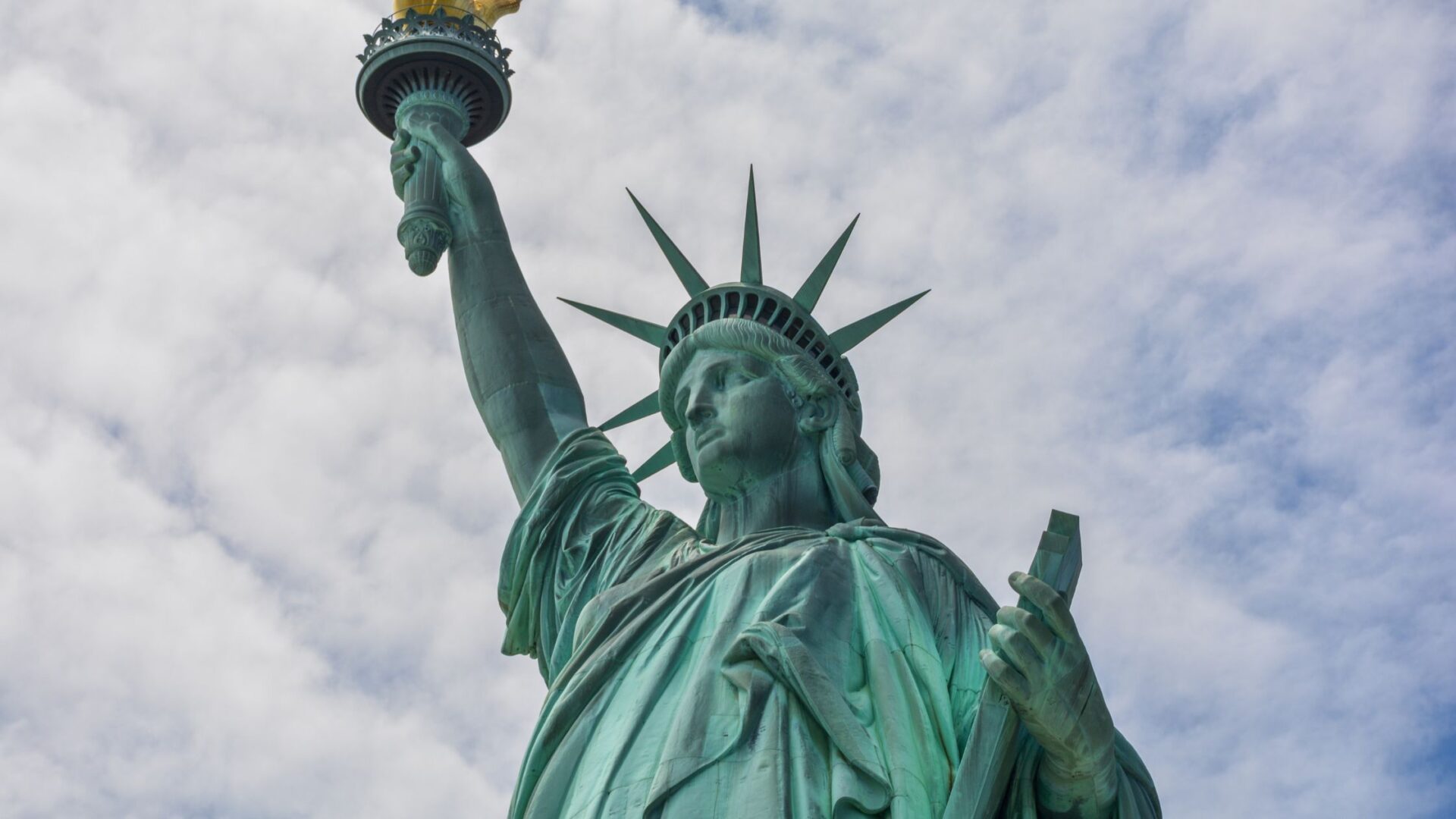Key Takeaways:
– Admission fees for prominent institutions including the Bronx Zoo, American Museum of Natural History and New York Botanical Garden can cost a New York family up to $300.
– State Subsidized institutions are not following their founding purpose of free access for New Yorkers.
– New York State Senator, Cleare, has proposed a study bill to review public access, admissions fees, and subsidies of these institutions.
– The legislator calls for support from the public to pass the bill for inclusion in the state budget.
Inflated Museum Costs Weighing Down New Yorkers
For a typical family of four residing in New York City, enjoying a visit to the Bronx Zoo, American Museum of Natural History or the New York Botanical Garden could set them back by as much as $300. This calculation includes not only the entry fees but also the cost of transportation, food, and beverages.
The Economic Implications of Museum Fees
This is a staggering financial burden considering that the median household income in NYC stands at $76,607 with a 17.2% poverty rate as of 2022, reported by the Census Bureau. Added to this is the escalating childcare cost due to inflation and budget cuts affecting schools and libraries. Unfortunately, this pricing model makes it virtually impossible for average New Yorkers to afford a trip to these renowned attractions.
Free Access Institutions: A Forgotten Intention
Interestingly, many of these institutions, including the American Museum of Natural History, the Bronx Zoo and the New York Botanical Garden, are located on city-owned parkland and operate in city-owned buildings. They were intended to be free and open educational resources for the city residents at inception. This provision was part of the agreement for free rent, which they receive, apart from operating subsidies.
Institutions Violating Founding Agreements
Regrettably, there seems to be a violation of this agreement. For instance, the American Museum of Natural History was founded with state law imposing it would be “free of charge throughout the year for five days in each week.” However, a 1970 lease agreement with the city allowed this institution to charge admission. It’s questionable whether the city has the authority to overrule state law.
Similarly, the Bronx Zoo, founded with a charter requiring free admission on four days a week, now provides free access only one day per week. There is yet to be substantial proof that the adjustments were due to legitimate financial hardships.
Legislative Action for Fair Access
State Senator representing Harlem, Cleare, stressed the importance of these institutions adhering to their founding objectives, serving as enriching educational resources. The Senator has introduced a study bill A03059/S5265 seeking to review public access, admission fees charged, and the subsidies received, including the value of free rent. Making these institutions accessible to all New Yorkers aligns with the cultural diversity and spirit of the city.
Public Support Invited for the Pro-Equality Bill
Cleare urges New Yorkers to help pass the bill by contacting their state representative. The bill aims to prioritise the obligation of these institutions to provide free access and establish them as supplemental education campuses for all.
As a city renowned for its leading cultural and educational institutions, New York has the responsibility to make these accessible to all its residents, regardless of income. The proposed bill is a vital step towards bridging the equity gaps and ensuring the enriching experiences are within every New Yorker’s reach.
